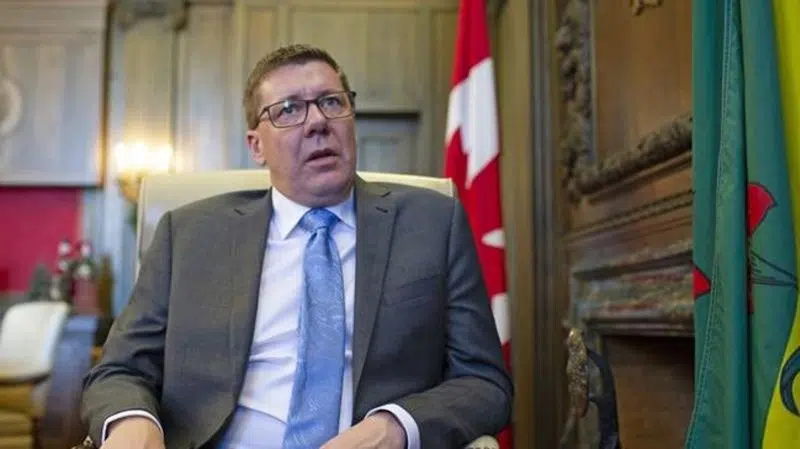
Provincial tensions with federal government easing, Kenney, Moe suggest
WASHINGTON — Post-election tensions between the West and the federal Liberal government are showing signs of easing, two of Canada’s premiers suggested Friday as provincial leaders fanned out across the U.S. capital to argue for cross-border trade and investment under a new trade agreement.
With Ottawa’s work on the U.S.-Mexico-Canada Agreement gradually receding, a delegation from the Council of the Federation took its turn in Washington, hoping to convince gubernatorial counterparts of the importance of closer trade ties with the provinces.
Alberta Premier Jason Kenney and Saskatchewan’s Scott Moe, speaking at a panel discussion at the Wilson Center’s Canada Institute, acknowledged the cold front that moved in after voters in their provinces froze out the climate-conscious federal Liberals last October, in large part over perceived federal hostility to Canada’s emissions-causing oilpatch.
But there have been cracks in the ice of late, said the leaders, crediting the work of Deputy Prime Minister Chrystia Freeland. The Alberta-born former foreign minister was dispatched by Prime Minister Justin Trudeau to lead the outreach.


